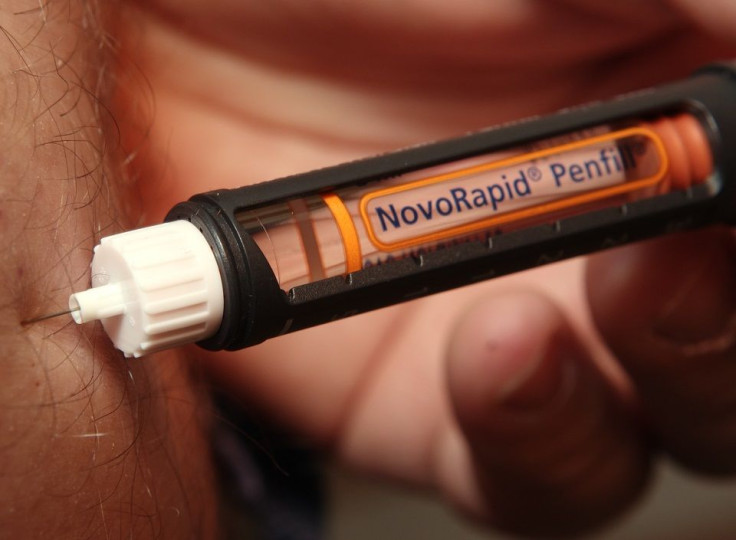University of Cambridge researchers use low dose of aldesleukin to treat type 1 diabetes, could make insulin injections unnecessary

The dream among diabetics of no longer needing to inject themselves with insulin daily may become a reality. A new form of treatment for type 1 diabetes, developed by University of Cambridge researchers, used the drug aldesleukin, recombinant interleukin – 2 (IL 2) in lower doses.
IL 2 in high doses is used to treat certain types of kidney tumours and skin cancers. When given at lower doses, it enhances the ability of immune cells, called regulatory T cells (Tregs), to stop the immune system losing control once stimulated. The drug prevents autoimmunity, or the body’s own organs damaging itself, Medicalxpress reports.
The researchers initially tried to determine the effects of single doses of aldesleukin on Tregs in patients with type 1 diabetes. They used state-of-the art trial design, combined with extensive immune monitoring in 40 type 1 diabetics and found doses to increase Tregs by 10 to 20 percent.
The doses are potentially enough to prevent immune cells from attacking the body, but not in amounts which would suppress the body’s natural defences needed to protect people from infection by invading bacteria or viruses.
Because the current treatment of daily insulin injections, which could be inconvenient or painful for diabetics, especially children, it has spurred the researchers to develop a treatment to end life-long daily insulin injections by curtailing the early damage caused by the patient’s own immune system.
Meanwhile, to reverse the global increase in type 2 diabetes, the World Health Organisation (WHO) is pushing for a soda tax, ranging from 20 to 50 percent. The tax would not be limited to soda but would apply to all sugar-sweetened beverages, including sports drinks, energy drinks, fruit punch, sweetened ice tea, vitamin waters and lemonade, LA Times reports.
WHO estimates 442 million people globally have diabetes which caused the death of 1.5 million people in 2012. The agency’s report, released on Tuesday, blames added sugar for the rise in the chronic ailment, not just table sugar but also honey, syrups and fruit juice concentrates.
“Nutritionally, people don’t need any sugar in their diet,” Dr Francesco Branca, WHO director of the Department of Nutrition for health and Development, said in a statement.
VIDEO: Importance of Interleukin 2 in DILT1D Clinical Trial in Type 1 Diabetes
Source: D1LT1D





















